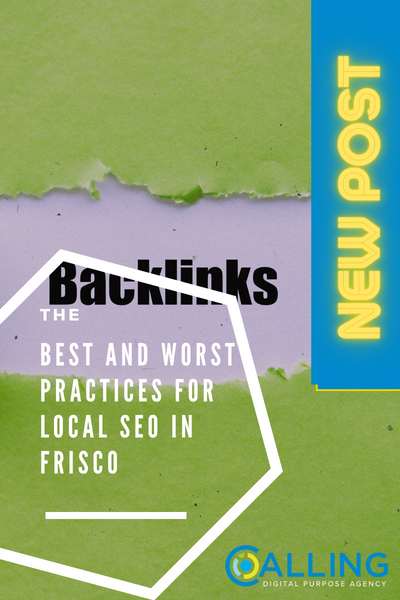What You Need to Know About Local SEO for Your Business
Getting your business to rank higher on search engines is essential in garnering traffic and building a more substantial online presence. When more people discover your site and visit it, you can get more customers and, in turn, more sales.
But how can local businesses improve their digital presence? Well, local SEO is the answer. Search engine optimization (SEO) helps websites rank higher on search results. But SEO strategies can differ depending on your goal. For local businesses, local SEO is the way to go.
What Is Local SEO?
Local SEO improves a business’s online presence to generate leads from relevant local searches. For example, if your company only services customers in Texas, local SEO strategies can help you reach this target market. It can help optimize your website so that it’ll come up in local searches and bring your target customers to your site.
What’s the Difference Between Local SEO and National SEO?
The big difference between local SEO and national SEO is the target market. National SEO helps businesses rank in national search results. This is best utilized by companies that aren’t restrained to a physical location. With national SEO, they can reach a larger audience. However, it might be harder for them to rank with more competition.
On the other hand, local SEO focuses on helping local businesses rank in a local setting. For example, if a company uses a general keyword such as “mortgage broker” in their SEO, they’ll have more competition as there are tons of mortgage brokers across the country. But if they only cater to clients in Texas, they don’t need to rank at the national level. They just need to rank locally. So, a better keyword for them would be “Texas mortgage broker,” as this can help them reach their target market better.
How Does Google Determine Local Search Rankings?
The specifics of Google’s ranking algorithms aren’t really public knowledge. However, we know that there are some factors that Google considers when ranking sites locally. These factors include distance, relevance, and prominence.
Distance
When it comes to local searches, Google will, of course, take into account your location. However, Google also factors in the searcher’s proximity to your business. With this in mind, it’s best to include your address in your Google My Business listing.
Relevance
When people go on Google, they typically have a question they want to be answered. And it is Google’s goal to supply its users with the relevant information they need. Google would want to recommend trustworthy businesses to their users, so it’s essential to ensure your Google My Business Listing is up-to-date and accurate.
Prominence
Prominence refers to how well your business is known. For this, Google takes into account your directory listings and online reviews and ratings left by customers.
Local SEO Tips
There are a few things you can do to optimize your business to rank locally. For one, you can include complete and accurate information in your Google My Business listing and keep it updated. You should also verify your location and keep your office hours up-to-date. Add high-quality photos to make your business more legitimate and attract customers. And lastly, respond to customer reviews so that you can improve your online presence.
Conclusion
Local SEO is a great way to help local businesses rank locally and reach their target audience. If your business only caters to a specific service area, it’s best to go with local SEO over national SEO strategies. Local SEO also factors in distance, relevance, and prominence, as these can affect a website’s ability to rank locally. To improve your local SEO, you should keep your Google My Business listing updated, include high-quality photos, and respond to online reviews.
For helpful local SEO tools, you can count on Frisco-based Calling Digital to help your website rank. Calling Digital gives your business a fair advantage against competitors with data aggregation, local SEO, search engine optimization, and website design. Contact us today to get started!












